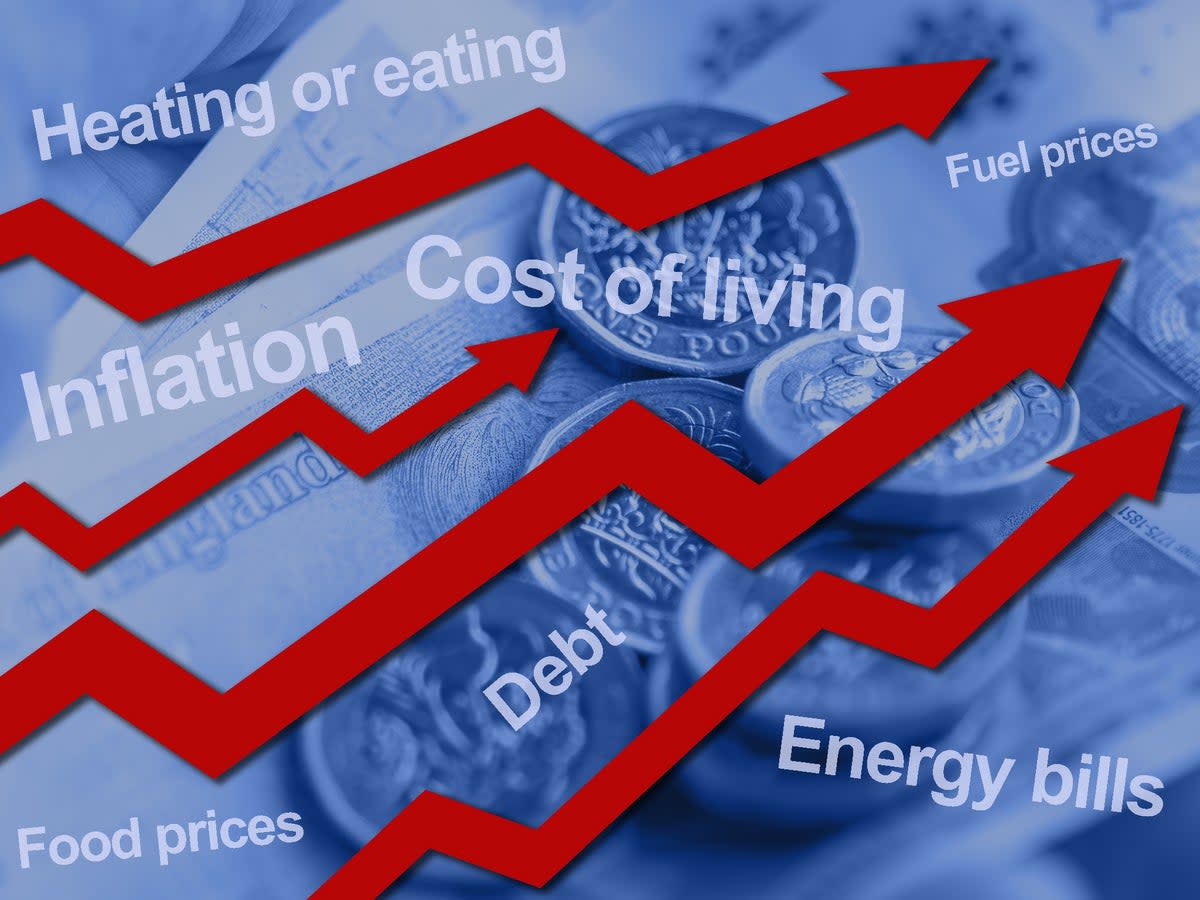Former BP chief calls for UK energy price cap freeze ahead of ‘winter of discontent’

A former BP executive has called on the government to freeze the UK’s energy cap price, saying it cannot allow millions of people to be pushed into fuel poverty.
Nick Butler, a former adviser to Gordon Brown who worked for the energy giant for three decades, said annual costs should not be allowed to rise from £1,971 to almost £3,600 from October.
Unless ministers step in to block the expected increase, the average UK household could then be hit by another steep rise, having to pay a devastating £4,266 for energy next year.
Writing in The Guardian, Mr Butler backed Labour and the Liberal Democrats’ demand that bills be frozen at their current levels.
BP’s former vice-president for strategy and policy development accused the energy regulator Ofgem, which sets the energy price cap, of being “overwhelmed by events” and of having “lost its way”.
Mr Butler praised Christine Farnish’s decision to step down from Ofgem’s board over its handling of the cost-of-living crisis, saying it was the “honourable” thing to do and would not be the last departure from the beleaguered organisation.
As well as a price freeze for consumers, Mr Butler wants to see energy companies’ accounts be subject to a “forensic examination”. Without this, they will be unable to win back the public’s trust, he said.
Energy firms should be renationalised if they are unable to offer lower bills, Mr Butler added.
“As with the financial sector in 2008, if the private energy sector fails to meet the needs of the society it serves, its functions must and will be taken on by the government,” he said. “The companies involved now must show they understand that they must use their skills and resources in the public interest.”
Mr Butler also urged the government to follow Europe’s lead by sourcing more gas supplies and by driving down national consumption. “As we lurch towards a new winter of discontent, the only hope is that the current crisis will drive us back to the substance and detail of a serious energy policy,” he said.
His message comes as Matthew Taylor, the chief executive of the NHS Confederation, said the country faced a “humanitarian crisis”, with health outcomes expected to worsen as a result of rising bills.
“Many people could face the awful choice between skipping meals to heat their homes and having to live in cold, damp and very unpleasant conditions,” he said.
“This in turn could lead to outbreaks of illness and sickness around the country and widen health inequalities, worsen children’s life chances and leave an indelible scar on local communities.”
Given the urgency of the cost-of-living crisis, Labour has written to the government, asking it to reopen parliament on 22 August, two weeks ahead of schedule.
The party said this is the only chance to act before Ofgem announces its new energy price cap on 26 August.

 Yahoo News
Yahoo News 
